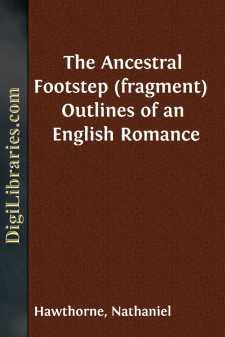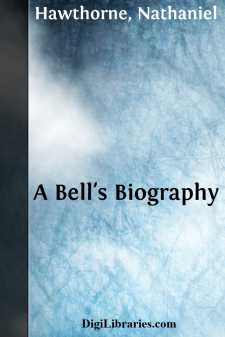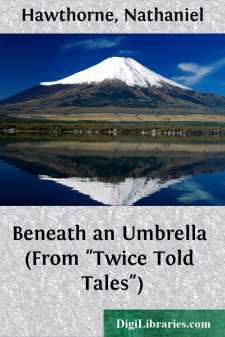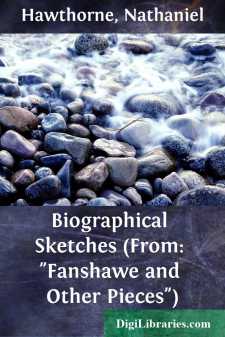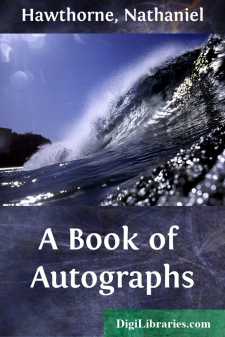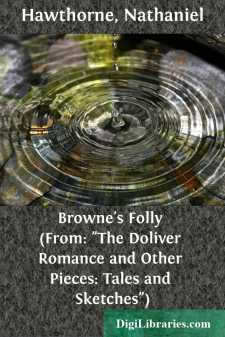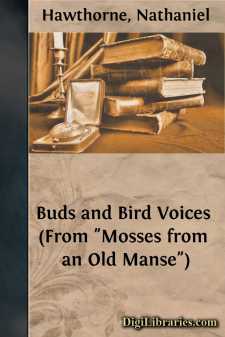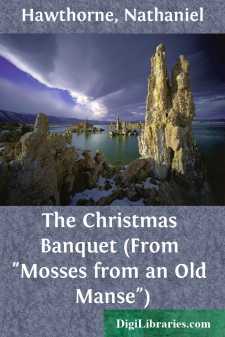Categories
- Antiques & Collectibles 13
- Architecture 36
- Art 48
- Bibles 22
- Biography & Autobiography 813
- Body, Mind & Spirit 142
- Business & Economics 28
- Children's Books 13
- Children's Fiction 10
- Computers 4
- Cooking 94
- Crafts & Hobbies 4
- Drama 346
- Education 46
- Family & Relationships 57
- Fiction 11828
- Games 19
- Gardening 17
- Health & Fitness 34
- History 1377
- House & Home 1
- Humor 147
- Juvenile Fiction 1873
- Juvenile Nonfiction 202
- Language Arts & Disciplines 88
- Law 16
- Literary Collections 686
- Literary Criticism 179
- Mathematics 13
- Medical 41
- Music 40
- Nature 179
- Non-Classifiable 1768
- Performing Arts 7
- Periodicals 1453
- Philosophy 64
- Photography 2
- Poetry 896
- Political Science 203
- Psychology 42
- Reference 154
- Religion 513
- Science 126
- Self-Help 84
- Social Science 81
- Sports & Recreation 34
- Study Aids 3
- Technology & Engineering 59
- Transportation 23
- Travel 463
- True Crime 29
Nathaniel Hawthorne
Nathaniel Hawthorne was a prominent American novelist and short story writer of the 19th century, known for his exploration of themes such as sin, guilt, and moral complexity. His most famous works include "The Scarlet Letter" and "The House of the Seven Gables," which are quintessential examples of dark romanticism. Hawthorne's writing often delves into the Puritanical history of New England, reflecting on the human condition and societal norms.
Author's Books:
Sort by:
INTRODUCTORY NOTE. "Septimius Felton" was the outgrowth of a project, formed by Hawthorne during his residence in England, of writing a romance, the scene of which should be laid in that country; but this project was afterwards abandoned, giving place to a new conception in which the visionary search for means to secure an earthly immortality was to form the principal interest. The new...
more...
Hearken to our neighbor with the iron tongue. While I sit musing over my sheet of foolscap, he emphatically tells the hour, in tones loud enough for all the town to hear, though doubtless intended only as a gentle hint to myself, that I may begin his biography before the evening shall be further wasted. Unquestionably, a personage in such an elevated position, and making so great a noise in the world,...
more...
Pleasant is a rainy winter's day, within doors! The best study for such a day, or the best amusement,âcall it which you will,âis a book of travels, describing scenes the most unlike that sombre one, which is mistily presented through the windows. I have experienced, that fancy is then most successful in imparting distinct shapes and vivid colors to the objects which the author has spread...
more...
CHAPTER I. When Edward Temple was about eight or nine years old he was afflicted with a disorder of the eyes. It was so severe, and his sight was naturally so delicate, that the surgeon felt some apprehensions lest the boy should become totally blind. He therefore gave strict directions to keep him in a darkened chamber, with a bandage over his eyes. Not a ray of the blessed light of heaven could be...
more...
The character of this female suggests a train of thought which will form as natural an Introduction to her story, as most of the Prefaces to Gay's Fables, or the tales of Prior; besides that, the general soundness of the moral may excuse any want of present applicability. We will not look for a living resemblance of Mrs. Hutchinson, though the search might not be altogether fruitless. But there...
more...
We have before us a volume of autograph letters, chiefly of soldiers and statesmen of the Revolution, and addressed to a good and brave man, General Palmer, who himself drew his sword in the cause. They are profitable reading in a quiet afternoon, and in a mood withdrawn from too intimate relation with the present time; so that we can glide backward some three quarters of a century, and surround...
more...
MY DEAR COUSIN:âI should be very glad to write a story, as you request, for the benefit of the Essex Institute, or for any other purpose that might be deemed desirable by my native townspeople. But it is now many years since the epoch of the "Twice-Told Tales," and the "Mosses from an Old Manse"; and my mind seems to have lost the plan and measure of those little narratives, in...
more...
Balmy Springâweeks later than we expected and months later than we longed for herâcomes at last to revive the moss on the roof and walls of our old mansion. She peeps brightly into my study-window, inviting me to throw it open and create a summer atmosphere by the intermixture of her genial breath with the black and cheerless comfort of the stove. As the casement ascends, forth into infinite...
more...
Passing a summer, several years since, at Edgartown, on the island of Martha's Vineyard, I became acquainted with a certain carver of tombstones, who had travelled and voyaged thither from the interior of Massachusetts, in search of professional employment. The speculation had turned out so successful, that my friend expected to transmute slate and marble into silver and gold, to the amount of at...
more...
"I have here attempted," said Roderick, unfolding a few sheets of manuscript, as he sat with Rosina and the sculptor in the summer-house,â"I have attempted to seize hold of a personage who glides past me, occasionally, in my walk through life. My former sad experience, as you know, has gifted me with some degree of insight into the gloomy mysteries of the human heart, through which I...
more...


